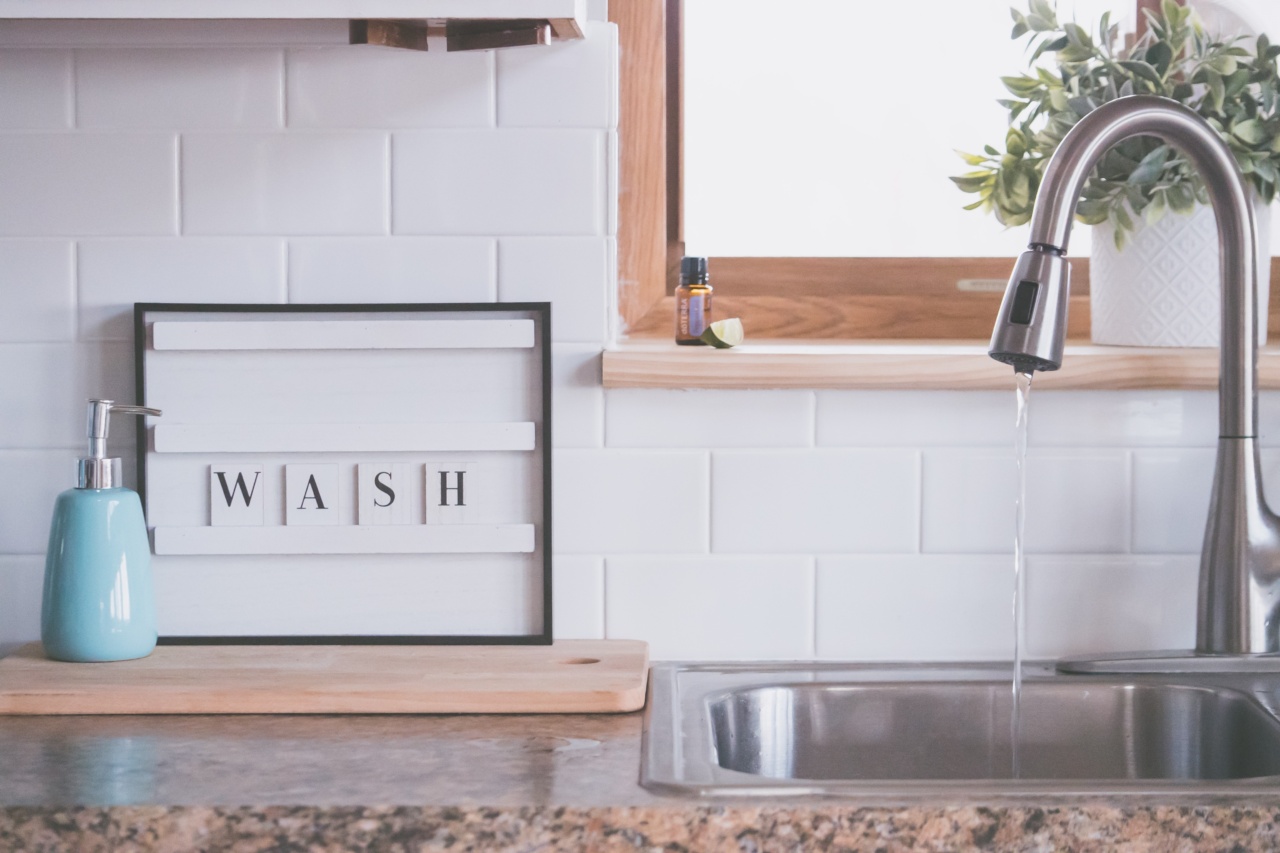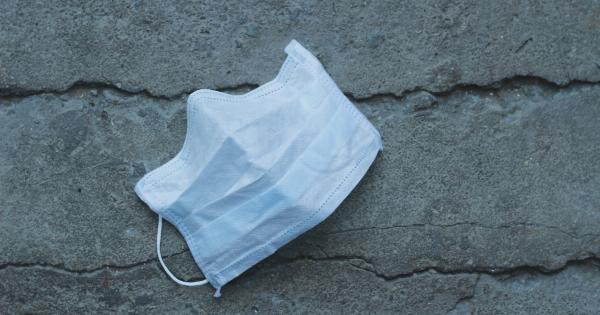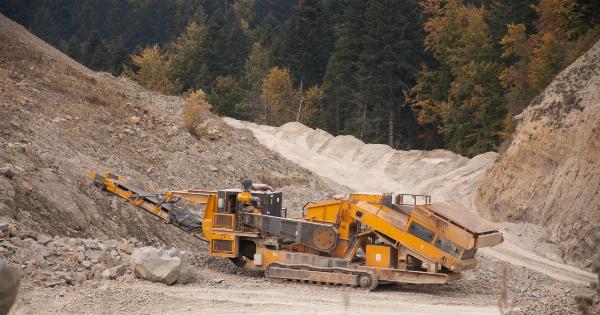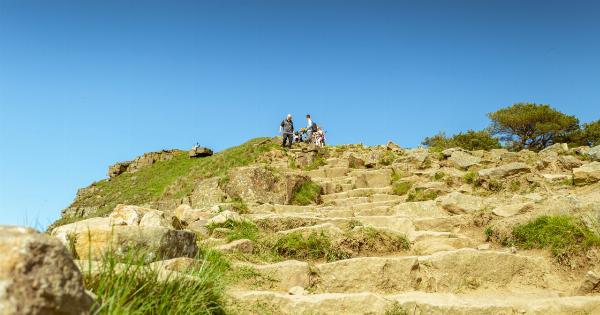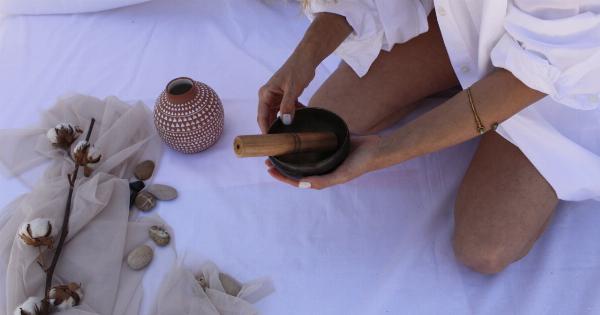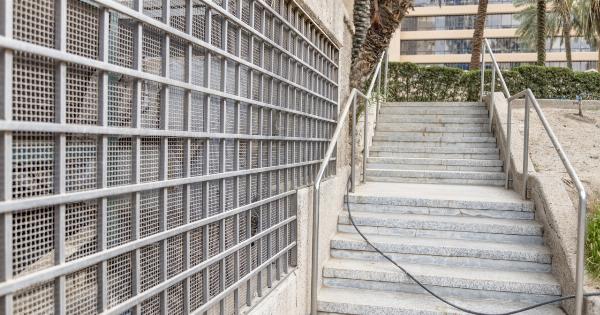Kidney stones are a common condition that affects millions of people worldwide. They are small, hard deposits made of mineral and acid salts that build up in the kidneys and can cause severe pain and discomfort.
While some people are more prone to kidney stones due to genetics or other factors, there are things you can do to prevent them. Here is an essential guide to preventing kidney stones.
Drink Plenty of Water
One of the most effective ways to prevent kidney stones is to drink plenty of water. Dehydration can lead to the buildup of minerals and acid salts in the kidneys, which can cause stones to form.
Water helps flush these minerals and salts out of the kidneys, reducing the risk of stones forming.
Cut Back on Salt
Another factor that can contribute to kidney stones is a high salt intake. Most people consume more salt than they need, which can lead to an increase in the amount of calcium in the urine. This, in turn, can increase the risk of stones forming.
Cutting back on salt can help reduce the risk of developing kidney stones.
Eat a Balanced Diet
Your diet plays a significant role in the prevention of kidney stones. Eating a balanced diet that is rich in fruits, vegetables, whole grains, and lean proteins can help reduce the risk of stones.
Avoiding foods that are high in oxalates, such as spinach, rhubarb, and nuts, can also help reduce the risk of kidney stones.
Limit Animal Protein
Eating too much animal protein can increase the amount of uric acid in the body, which can contribute to the formation of kidney stones. Limiting your intake of animal protein, such as meat, fish, and poultry, can help reduce the risk of stones.
Plant-based protein sources, such as beans and lentils, are a healthier alternative.
Take Care of Your Bones
Keeping your bones strong can also help prevent kidney stones. Weak bones can lead to an increase in calcium in the urine, which can contribute to the formation of stones.
Getting enough calcium and vitamin D can help keep your bones healthy and reduce the risk of stones.
Avoid Soda and Sugary Drinks
Soda and other sugary drinks are not only bad for your overall health, but they can also contribute to kidney stones. These drinks are high in fructose, which can increase the amount of uric acid in the body and contribute to the formation of stones.
Avoiding soda and sugary drinks is an essential part of preventing kidney stones.
Stay Active
Regular exercise can also help prevent kidney stones. Exercise helps reduce the amount of calcium in the urine and can help keep your body healthy overall.
Even moderate exercise, such as walking or light jogging, can have a significant impact on reducing the risk of kidney stones.
Avoid Crash Diets
Crash diets that involve rapid weight loss can increase the risk of kidney stones. Losing weight too quickly can increase the amount of uric acid in the body, which can contribute to the formation of stones.
If you need to lose weight, it’s best to do it gradually and with the help of a healthcare professional.
Reduce Your Stress Levels
Stress can contribute to a variety of health problems, including kidney stones. When you’re stressed, your body produces more of the hormone cortisol, which can increase the amount of calcium in the urine.
Finding ways to reduce your stress levels, such as through meditation or yoga, can help prevent kidney stones.
See a Healthcare Professional
If you have a history of kidney stones or are at increased risk of developing them, seeing a healthcare professional is essential. They can provide you with personalized advice and treatment options to help prevent stones from forming.
